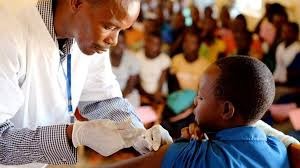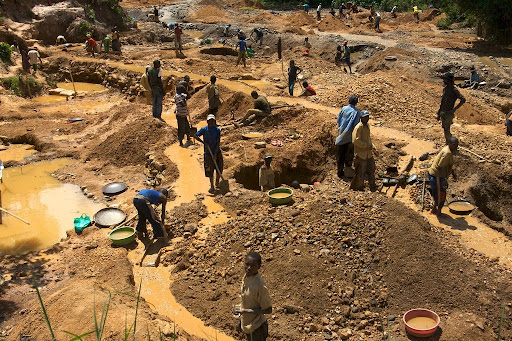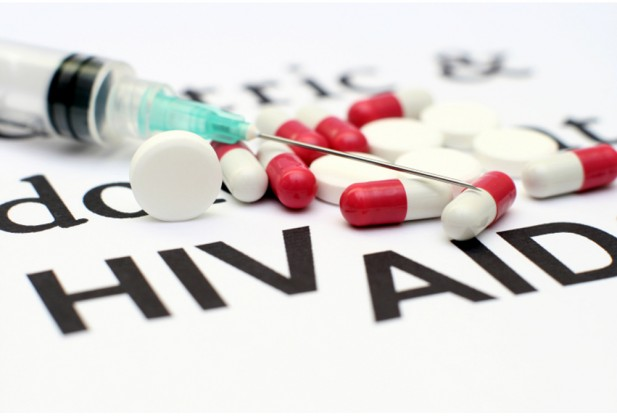
Speakers at the Orodata Science Twitter Space on Tuesday underscored the impact of Public-Private Partnerships (PPPs) in addressing Nigeria’s healthcare challenges, particularly in rural areas.
The discussion, titled “Bridging the Healthcare Gap: Can PPPs Solve Nigeria’s Rural Health Crises?”, explored how collaborations between the government and private sector can enhance healthcare accessibility and sustainability.

Setting the Stage of the Nigeria’s Healthcare Crisis, Moderating the session, Benedicta Elikor of Orodata Science highlighted Nigeria’s overstretched healthcare system, with only 55,000 doctors serving a population of 220 million. She also pointed to a severe Lassa fever outbreak in 2025, which has led to 563 confirmed cases and 103 deaths across 14 states, with Ondo, Edo, and Bauchi bearing the highest burden.
“Combined with meningitis outbreaks and malaria, these challenges highlight the urgent need for sustainable healthcare solutions,” she emphasized.
Speaking on the Role of PPPs in Healthcare, Prof. Lutz Mukke, Director of Institutional Partnership Africa at Lecturio, defined Public-Private Partnerships (PPPs) as strategic collaborations between governments and private entities aimed at improving healthcare services.
He noted that PPPs can significantly reduce healthcare costs by pooling resources, making medical services more affordable and accessible. Nigeria, he added, has both natural and human resources, including skilled healthcare professionals, which—if effectively harnessed—could improve healthcare delivery nationwide.
However, he cautioned that many PPP projects are short-term, lasting only a few years, and stressed the need for the government to implement long-term policies to sustain these initiatives.
“For PPPs to achieve their long-term objectives, it is crucial to ensure their sustainability through policies that support ongoing operations, maintenance, and funding,” Mukke said.
Addressing Rural Healthcare Gaps, Dr. Rita Ajirenike, a doctor and health analyst at the Rivers State Hospital Board, highlighted how PPPs could bridge healthcare gaps in rural areas by providing structured housing for healthcare workers.
“This initiative not only attracts skilled medical personnel to underserved regions but also fosters a more stable and efficient healthcare workforce, ultimately improving health outcomes,” she said.
Ajirenike pointed to key challenges hindering rural healthcare financing, including poor governance, lack of oversight, and mismanagement of resources.
“The lack of accountability exacerbates the situation, allowing for mismanagement and misappropriation of funds—further depriving rural communities of essential healthcare services,” she warned.
She emphasized the role of private companies in strengthening Nigeria’s healthcare sector by offering logistics support, telemedicine solutions, capacity-building programs, and state-of-the-art medical equipment.
“Collaborating with private entities can improve healthcare quality, ensuring services are more efficient, accessible, and beneficial to both providers and patients,” she added.
Reflecting on the COVID-19 pandemic, Ajirenike stressed the need to enhance workforce capacity, integrate advanced technology, and improve response times.
“The pandemic highlighted the importance of standardized data collection and analysis to guide decision-making processes,” she noted.
LAWMA Intensifies Recycling Initiatives for Effective Waste Management
She also emphasized the need for continuous workforce training to ensure healthcare professionals can effectively adapt to future crises.
Orodata Science is a non-governmental organization (NGO) committed to fostering equitable access to information, improving data accessibility for citizens, industry leaders, civil society, and the media.





